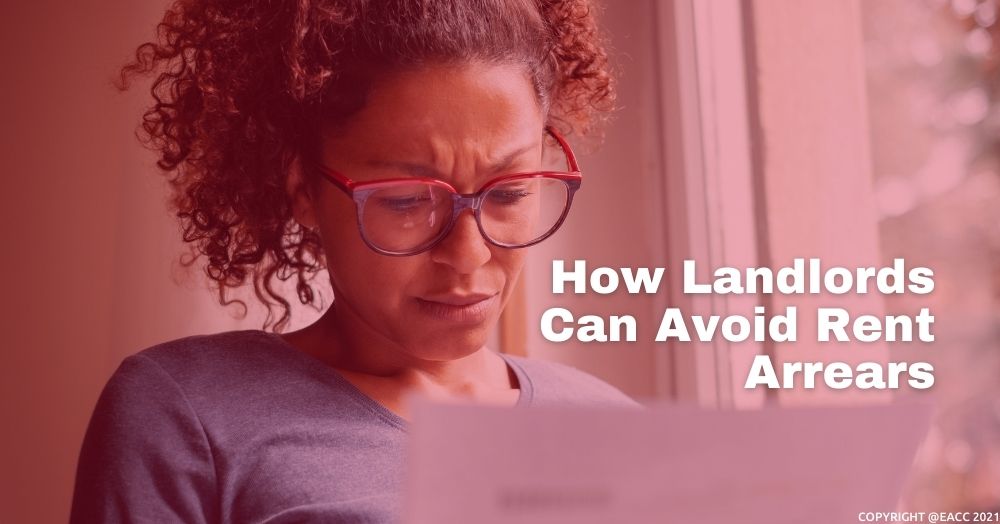How SE18/SE28 Landlords Can Avoid Rent Arrears
In this three-minute read, we look at the steps SE18/SE28 landlords can take to protect against a tenant falling into arrears.
Landlords have always worried about tenants falling behind in the rent, but that fear feels particularly pertinent right now due to the pandemic.
There are many reasons why a tenant might be unable to pay their rent – such as illness, job loss, or relationship breakdown – but the bottom line is it’s stressful for both landlord and tenant.
The good news is there are things landlords can do to protect themselves from getting into this predicament. Here are some tips.
- Always carry out credit and reference checks before a tenant moves in.
- Make sure your tenant signs a contract.
- Keep your records up to date and when rent is paid, send the tenant a receipt – this is particularly useful if it’s a joint tenancy. If there’s a dispute, it’s easy to identify who has missed a payment.
- If you’re dealing with a joint tenancy, ensure that all tenants understand they are equally responsible for the rent – and any unresolved debt. (If there’s an underpayment, often the tenant who has paid up can be a valuable and persuasive ally in getting the errant tenant to pay.)
- Keep all tenants in the loop about the situation as they bear joint responsibility (even though they might tell you otherwise).
- If a tenant misses a payment, talk to them but don’t go in all guns blazing. You’re trying to find a constructive way forward, not score points. Always remain professional.
- Keep records of all conversations.
- Consider adding rent protection cover to your insurance for some peace of mind.
- If the tenant has a good track record, and you feel they can turn things around quickly, consider a payment plan. This is a revised payment schedule that gives the tenant a chance to get back on their feet.
- If you do agree a payment plan, make sure you put it in writing.
- The tenant may decide that they can’t meet their obligations and serve notice that they want to move out. If this is the case, contact your tenant deposit scheme and ask them to deduct the unpaid rent from the deposit.
- Legal eviction proceedings should always be the last resort. There is currently a huge court backlog, and lawyers are expensive. Do everything you can to find an alternative solution.
Contact us today on 020 8316 6616 and find out how we’ll help you avoid rental arrears.





